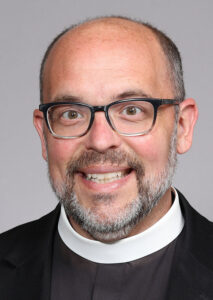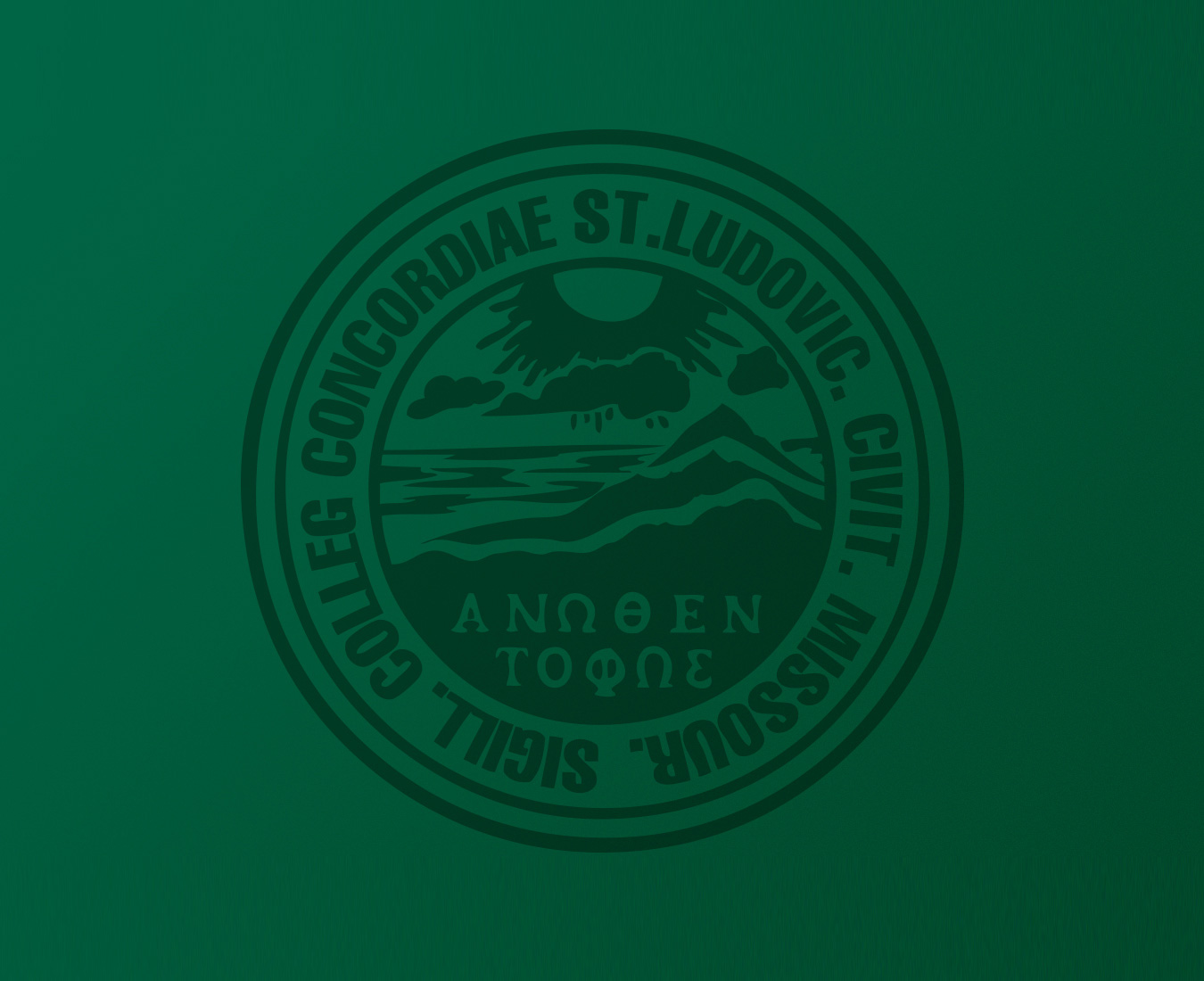Curricular clarity is a matter of prudence. An educational institution wisely asks, “What do we want our graduates to know and to be able to do?” That leads to the question, “How can we measure that we have formed graduates who know and do those things?” And then there is the issue of benchmarks along the educational path that give evidence that progress is being made. Such matters are quite challenging to define much less achieve. Yet they are inescapable. Once the curriculum has been established, an “X” factor takes over – the faculty.
No matter how precise, compelling, coherent, purposeful, and practical the curriculum is, it can be (and has been) said that the faculty is the curriculum. On the surface this is apparent. For a given curriculum to be delivered, the faculty must possess the requisite expertise to form the students in accord with the curriculum. Yet the faculty’s expertise is hardly the extent of their impact. The personality of the faculty has an indelible impact upon students.
Eavesdrop on any alumni gathering. High school reunions, college homecomings, and the like are filled with stories about teachers and professors. Significant time is spent revisiting memories of shared experiences, among which are the shared classroom experiences of sitting at the feet of the faculty. How the professor spoke both in word choice and unique sentence structure, distinctive mannerisms – the hours managing a classroom leave an enduring impression.
Go deeper and you will find why the faculty is the curriculum. The character of the faculty shapes the character of the students. Students notice how a professor repeatedly circles back to a central truth so that it begins to hold gravitational power within the thinking of students. The excitement in an instructor’s voice and upon his face when a student’s questions drive the discussion to a meaningful resolution forms students in the art of asking the right questions. But it is not only in the classroom that the faculty’s character shapes the students. Conversations after class, in the professor’s study, and over a cup of coffee cultivate the life of the mind and the vitality of reflecting upon lessons learned.

The faculty is the curriculum in all educational institutions. Concordia Seminary is no different. I look back upon those who formed me with fond memories. I think of those whose teaching formed me exegetically – Paul Schrieber, Reed Lessing, Paul Raabe, Andrew Bartelt, Jim Voelz. I also recall those who formed me in other theological disciplines – Ronald Feuerhahn, Norman Nagel. Though they may not be engaged in the regular classroom teaching of Concordia Seminary today, they continue to teach our students through me. That their influence so formed me that it forms others through me means that my own predilections are shaping students who will then pass it along to another generation. That is humbling to consider. I possess classroom habits that I need to amend. Yet I believe in the Holy Spirit who faithfully works through the word that I am called to teach and will even use me to His own ends.
The faculty is the curriculum confesses that the first article gift of faculty serves well the second article and third article as Christ is proclaimed and the church is built. The faculty is the curriculum wonderfully grants gospel focus to the fourth commandment. Each of the commandments is given by Christ to protect a gift He gives. The fourth commandment is primarily focused upon the gift of parents, but it also speaks to other authorities. The authority granted faculty to form students is a gift by Christ.
The faculty of Concordia Seminary is a gift from God. I give thanks to Christ for those who formed me when I was a seminarian. I also give thanks to Christ for the current faculty of Concordia Seminary as I serve alongside them, confident that the Spirit is using them to His ends. And I give thanks to Christ for new faculty members whom Christ has given for the benefit of our students. At the opening service of this academic year three new faculty members were installed. Joel Fritsche was installed not only as a member of the exegetical department but also as director of vicarage and deaconess internships. He brings unique gifts to the seminary, not the least of which is his near decade spent as a missionary in the Dominican Republic. Adam Hensley also serves in the department of exegetical theology, bringing his expertise especially within the psalms. Stephen Pietsch serves in the department of practical theology and holds specific insight into Luther’s pastoral care. Take the time to watch the interview of each of these new faculty members (the interview is linked within their respective names). Get to know other members of our faculty. And then join me in giving thanks to Christ for the gift that each is for our students and for the wellbeing of the church.

Dr. Kevin Golden
Associate Professor of Exegetical Theology, Exegetical Theology
Dean of Theological Research and Publication, Exegetical Theology
Meet the Professor: Dr. Adam Hensley


Leave a Reply
You must be logged in to post a comment.